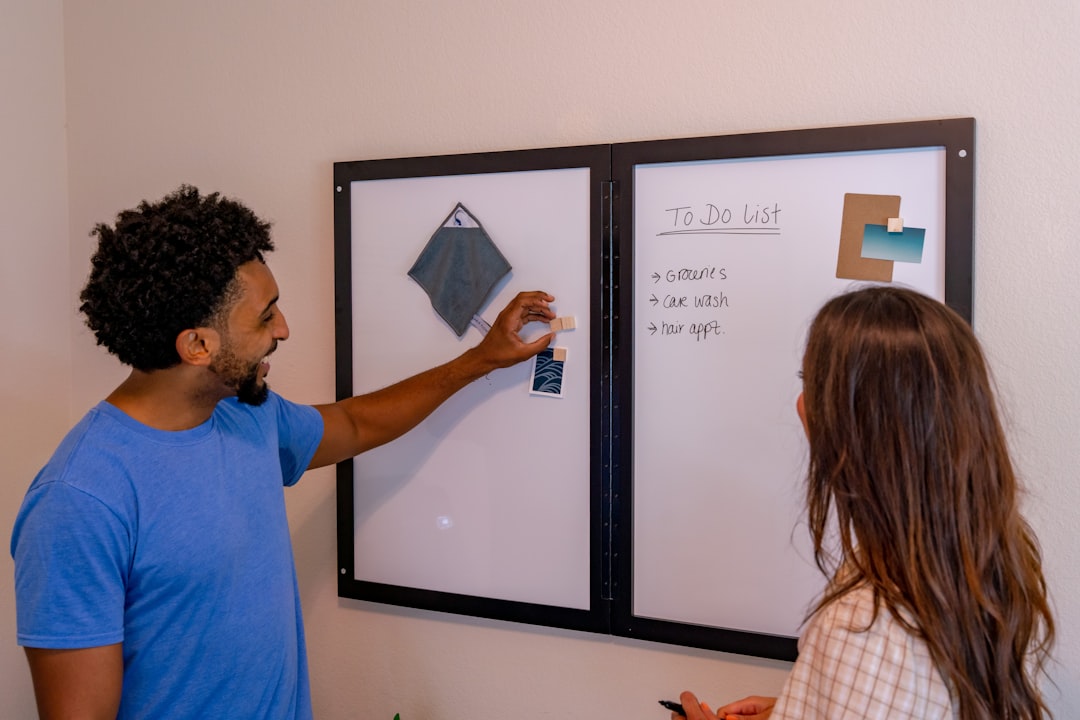Sales interviews are instrumental in evaluating candidates' suitability for sales roles.
In this article, we'll explore six distinct types of sales interviews, providing you with detailed insights, specific examples, and practical tips to make informed decisions during the hiring process. Let's dive in and optimise your sales recruitment strategy.
#1: Traditional Sales Interview
The traditional sales interview serves as the foundation for assessing candidates' qualifications, experience, and communication skills. This type of interview typically involves asking a range of questions to gauge the candidate's sales knowledge, interpersonal abilities, and problem-solving aptitude. For example, you can ask them to describe their previous sales achievements and how they approached building relationships with clients. Look for candidates who can articulate their sales strategies clearly, demonstrate their ability to handle objections effectively, and provide tangible examples of successful sales outcomes.
#2: Behavioral Sales Interview
The behavioral sales interview focuses on candidates' past behaviors and experiences to predict future performance. By asking situational questions, such as "Describe a time when you faced a difficult customer and how you resolved the situation," you can assess their ability to handle challenging sales scenarios. Pay attention to the specific examples they provide, the challenges they encountered, and the positive outcomes they achieved through their sales skills and strategies. Look for candidates who can effectively adapt to different situations, overcome objections, and build lasting relationships with customers.
#3: Case Study Sales Interview
Case study interviews provide a simulated environment where candidates can showcase their problem-solving skills and decision-making abilities. Present a hypothetical sales scenario and ask candidates to analyse it, identify obstacles, and develop a sales strategy. For instance, you can present a challenge where a competitor launches a similar product and evaluate how candidates strategise to counter the impact and retain customers. Assess their ability to think analytically, demonstrate creativity in their approach, and provide a well-thought-out plan with clear steps and justifications.
#4: Role-Play Sales Interview
Role-play sales interviews replicate real-life sales situations, allowing candidates to demonstrate their sales techniques and objection-handling skills. Conduct mock sales calls or negotiation exercises to observe their ability to engage, persuade, and adapt in sales scenarios. Look for candidates who possess a deep understanding of the product or service they are selling, anticipate objections, and tailor their communication to address customer needs. Assess their ability to build rapport, handle objections effectively, and close the sale by providing detailed examples of successful role-plays or real-life situations.
#5: Group Sales Interview
Group sales interviews provide insights into candidates' teamwork, leadership, and communication skills within a collaborative setting. Incorporate group activities or discussions that simulate sales-related scenarios. Observe how candidates actively contribute, listen attentively to others, and effectively collaborate to achieve a common sales goal. Assess their ability to work well in a team, provide valuable insights, and demonstrate leadership qualities. Look for candidates who engage actively, encourage others' participation, and maintain a positive and productive group dynamic.
#6: Panel Sales Interview
Panel sales interviews involve multiple interviewers collectively evaluating candidates' suitability for sales roles. Each panelist can have a specific focus area, such as sales skills, cultural fit, or technical expertise. Assign questions based on their areas of expertise to gain a comprehensive understanding of the candidate. Evaluate how candidates adapt to different interviewers, address diverse questions, and effectively showcase their sales expertise. Look for candidates who maintain good eye contact, engage with all panelists, and provide specific examples that align with the panelists' interests.
Conclusion:
As a recruiter, mastering the different types of sales interviews is crucial for effectively evaluating candidates and making informed decisions in sales recruitment. By delving into the details and nuances of each type of sales interview, you can optimise your hiring process and identify the most suitable candidates for your sales team.
During traditional sales interviews, focus on assessing candidates' qualifications, experience, and communication skills. Look for their ability to articulate sales strategies, handle objections, and provide concrete examples of successful sales outcomes.
In behavioral sales interviews, pay close attention to candidates' past behaviors and experiences. Evaluate their problem-solving abilities, adaptability, and relationship-building skills by analysing specific examples where they overcame challenges and achieved positive outcomes.
Case study sales interviews provide an opportunity to assess candidates' problem-solving and decision-making skills. Evaluate their analytical thinking, creativity, and strategic approach as they analyse hypothetical sales scenarios and develop well-thought-out plans.
In role-play sales interviews, observe candidates' sales techniques and objection-handling skills. Assess their ability to understand the product or service, anticipate objections, and tailor their communication to address customer needs. Look for candidates who can build rapport, handle objections effectively, and close sales based on their performance in role-playing scenarios.
Group sales interviews allow you to evaluate candidates' teamwork, leadership, and communication skills. Assess their ability to actively contribute, listen attentively, and collaborate effectively with others to achieve sales goals. Look for candidates who demonstrate strong teamwork, provide valuable insights, and maintain a positive group dynamic.
Panel sales interviews involve multiple interviewers evaluating candidates from different perspectives. Each panelist can focus on specific areas of expertise. Assess candidates' ability to adapt to different interviewers, address diverse questions, and effectively showcase their sales expertise. Look for candidates who engage with all panelists, maintain good eye contact, and provide specific examples that align with each panelist's interests.
By thoroughly understanding and implementing these various types of sales interviews in your recruitment process, you can effectively assess candidates' sales abilities and make informed decisions. Remember to customise your questions, carefully evaluate candidates' performance, and compare their suitability for specific sales roles. With a strategic and well-executed approach, you can identify top sales talent that will drive your organisation's success.
Happy recruiting!


















